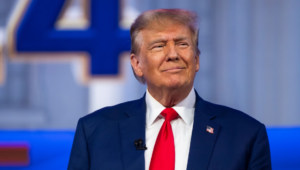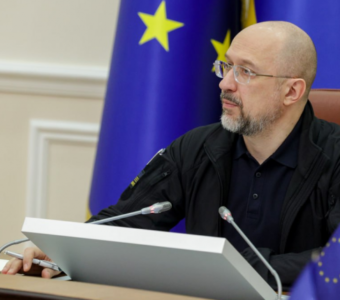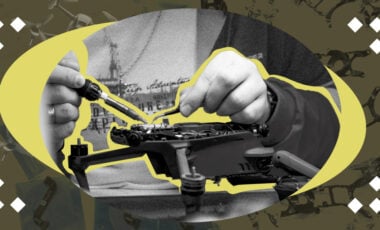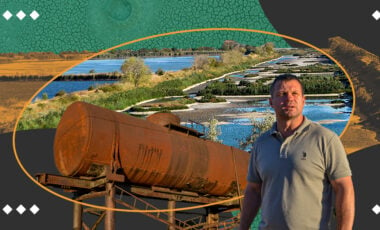Russia will likely face significant economic challenges in 2025 — ISW
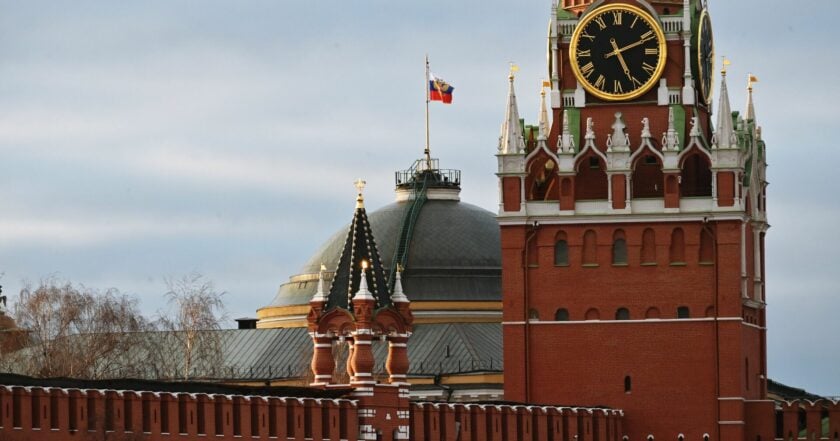
Photo: Ria News
Experts from the Institute for the Study of War (ISW) indicate that Russia's economy is likely to face significant challenges due to the war in Ukraine and Western sanctions.
Rubryka writes with reference to ISW report.
The ISW notes that Kremlin policies suggest that Russia's economy may encounter severe difficulties in 2025, and Russian President Vladimir Putin is reportedly concerned about the country's long-term economic stability.
Recently, the Kremlin introduced measures to curb government spending on treating wounded Russian servicemen, control inflation, and address long-term issues such as low birth rates and labor shortages.
These actions suggest that Russia's economy is less resilient to Western sanctions, monetary restrictions, and the strain of military spending than Russian authorities claim.
The report from the Institute for the Study of War (ISW) underscores that Kremlin policies suggest Russia may struggle to sustain a prolonged war without exposing Russian society to economic hardships. Ongoing Western and international support for Ukraine's resistance on the battlefield will likely amplify Russia's economic challenges.
The ISW notes that Putin recently rolled back promised compensation to Russian servicemen injured in Ukraine, indicating attempts to control escalating costs and stabilize the economy. On November 13, he signed a decree reducing one-time payments to wounded servicemen—offering three million rubles to those seriously injured, one million rubles for moderate injuries, and 100,000 rubles for minor injuries. However, this policy provoked backlash from ultra-nationalist bloggers in Russia, prompting Putin to raise payments to four million rubles for severely injured soldiers leading to disability, though compensation remained limited for less severe injuries.
The ISW highlights that financial incentives have been central to Russia's conscription and personnel retention efforts over the past three years. The reduction in these incentives signals that sustaining them may be economically unfeasible for the Kremlin. Additionally, the Kremlin's policies targeting inflation and high interest rates are likely limiting the expansion of Russia's defense industrial base, with implications for mobilizing the economy and producing enough weaponry to cover battlefield losses.
Key ISW takeaways as of November 14
- The Kremlin's recent economic policies indicate that the Russian economy will likely face significant challenges in 2025 and that Russian President Vladimir Putin is worried about Russia's economic stability in the long term.
- Putin modified compensation promised for Russian servicemen wounded while fighting in Ukraine — a clear indicator that the Kremlin is trying to cut the mounting short- and long-term costs of the war and restore balance to the Russian economy.
- The Kremlin's efforts to combat inflation and high interest rates are also reportedly impacting the expansion of the Russian defense industrial base (DIB) and prospects for mobilizing the economy.
- The Russian DIB is unlikely to match the production rate necessary to replace Russian weapons losses under these monetary policies.
- The Kremlin is also adopting policies aimed at bolstering the domestic population in the long term, signaling mounting concerns over declining demographics and labor shortages that could threaten the sustainable operations of the Russian DIB.
- Russian forces recently advanced into Kupyansk during a likely roughly company-sized mechanized assault, although ISW does not assess that Russian forces control the area.
- A recent Russian state-affiliated poll suggests that most Russian residents feel largely unaffected by the war in Ukraine, supporting reports of growing concerns among Russian officials and elites that many citizens remain indifferent towards the war.
- Kremlin Spokesperson Dmitry Peskov claimed on November 14 that Russian President Vladimir Putin is personally dealing with issues concerning Ukraine and that he requires no special envoys, likely in response to reports that US President-elect Donald Trump will "soon" appoint a "Ukrainian peace envoy to lead negotiations on ending the war."
- Russian forces advanced in the Ukrainian main salient in Kursk Oblast, west of Ukraine's main salient in Kursk Oblast in Glushkovsky Raion, in the Chasiv Yar direction, and in the Donetsk-Zaporizhia Oblast border area.
- Russian sources are speculating that North Korea may have provided North Korean-produced 170mm M1989 "Koksan" self-propelled artillery systems to Russia. Russian milbloggers published images showing a train transporting alleged North Korean 170mm M1989 "Koksan" self-propelled artillery systems in Krasnoyarsk, Krasnoyarsk Krai.
Inflation in the Russian Federation rose from 5.3% in August to 6% in September 2023, driven largely by higher consumer prices for essentials like food and fuel. This spike in inflation is expected to increase the costs associated with financing Russia's war in Ukraine.
It's worth noting that British intelligence previously reported that Kremlin budget pressures have led Russia to conceal a substantial portion of its military expenditures. Additionally, British intelligence suggests that Russia is increasingly resembling the Soviet Union, as the state may compel citizens to work without pay to support war needs.
Furthermore, recently announced tax hikes in Russia are expected to help finance its growing financial commitments, including the ongoing war in Ukraine.



